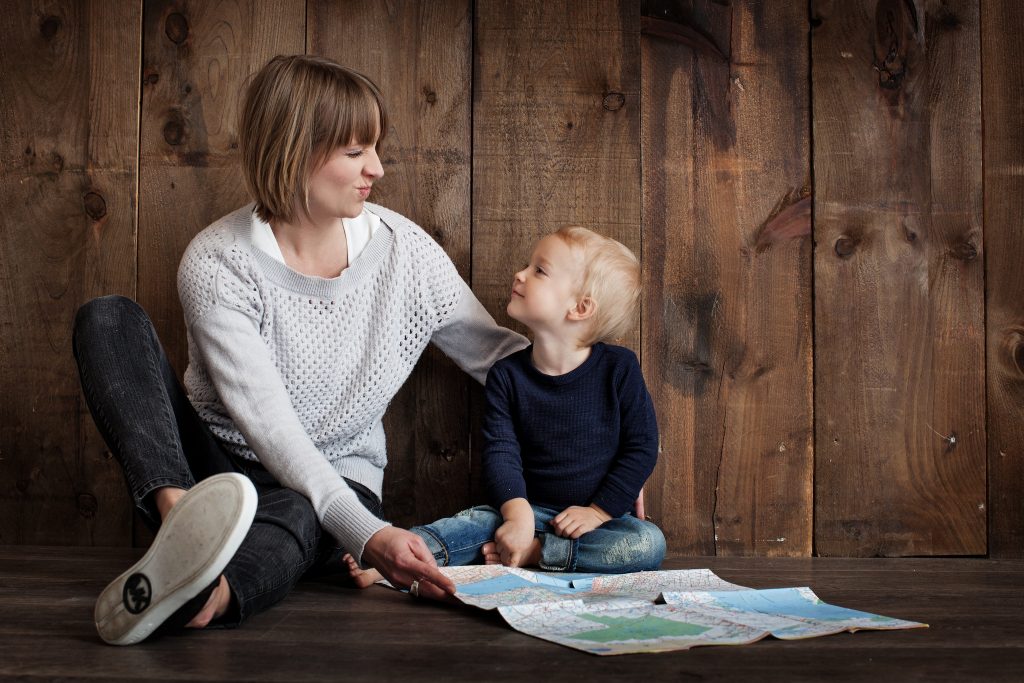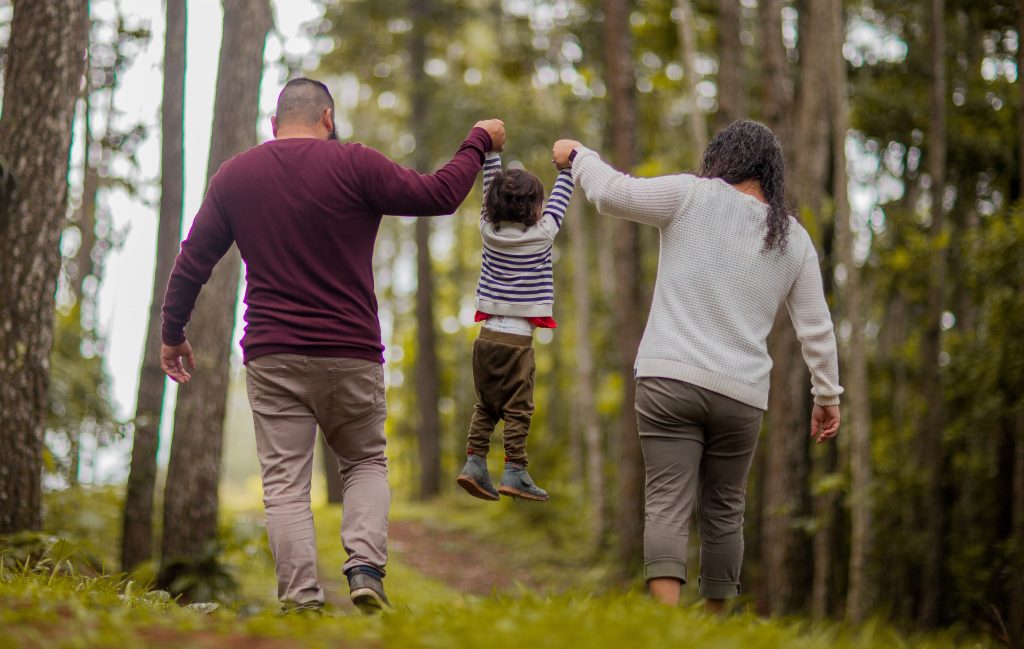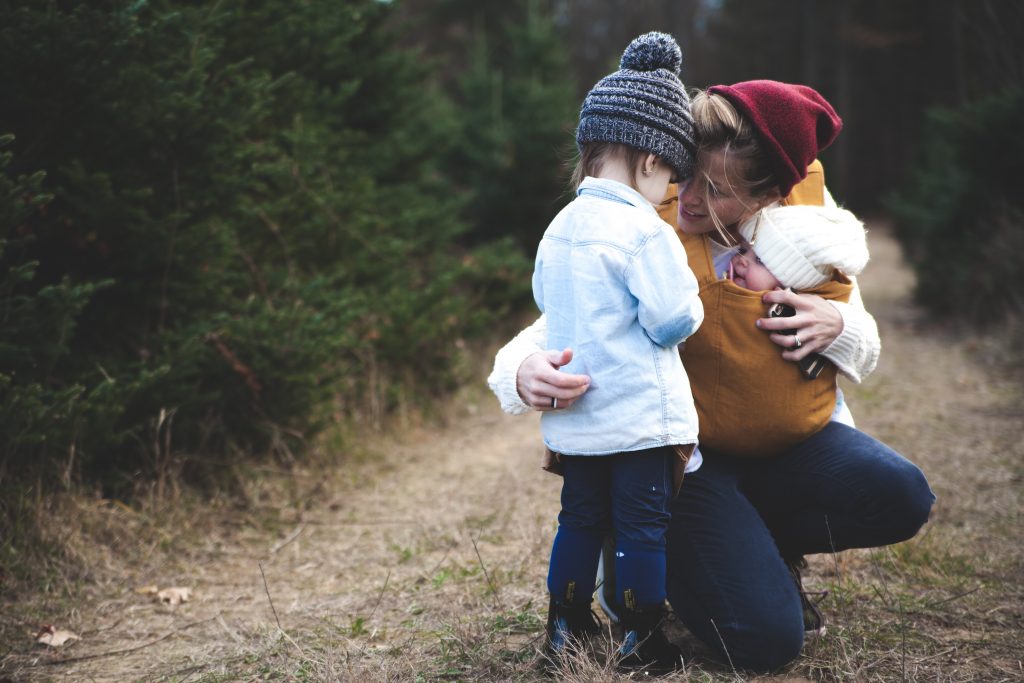As schools close and workplaces go remote to prevent the spread of the new coronavirus, parents everywhere are struggling to keep children healthy and occupied.
If you’re anxious about how to protect and nurture kids through this crisis — often juggling work obligations at the same time — you’re in good (virtual) company.
 KEEP ROUTINES IN PLACE
KEEP ROUTINES IN PLACE
- The experts all agree that setting and sticking to a regular schedule is key, even when you’re all at home all day. Kids should get up, eat and go to bed at their normal times. Consistency and structure are calming during times of stress. Kids, especially younger ones or those who are anxious, benefit from knowing what’s going to happen and when.
- The schedule can mimic a school or day camp schedule, changing activities at predictable intervals, and alternating periods of study and play.
- It may help to print out a schedule and go over it as a family each morning. Setting a timer will help kids know when activities are about to begin or end. Having regular reminders will help head off meltdowns when it’s time to transition from one thing to the next.
BE CREATIVE ABOUT NEW ACTIVITIES AND EXERCISE 
- Incorporate new activities into your routine, like doing a puzzle or having family game time in the evening. For example, my family is baking our way through a favorite dessert cookbook together with my daughter as sous chef.
- Build in activities that help everyone get some exercise (without contact with other kids or things touched by other kids, like playground equipment). Take a daily family walk or bike ride or do yoga — great ways to let kids burn off energy and make sure everyone is staying active.
- David Anderson, PhD, a clinical psychologist at the Child Mind Institute, recommends brainstorming ways to go “back to the 80s,” before the time of screen prevalence. “I’ve been asking parents to think about their favorite activities at summer camp or at home before screens,” he says. “They often then generate lists of arts and crafts activities, science projects, imaginary games, musical activities, board games, household projects, etc.”
MANAGE YOUR OWN ANXIETY
- It’s completely understandable to be anxious right now (how could we not be?) but how we manage that anxiety has a big impact on our kids. Keeping your worries in check will help your whole family navigate this uncertain situation as easily as possible.
- “Watch out for catastrophic thinking,” says Mark Reinecke, PhD, a clinical psychologist with the Child Mind Institute. For example, assuming every cough is a sign you’ve been infected, or reading news stories that dwell on worst-case scenarios. “Keep a sense of perspective, engage in solution-focused thinking and balance this with mindful acceptance.”

- For those moments when you do catch yourself feeling anxious, try to avoid talking about your concerns within earshot of children. If you’re feeling overwhelmed, step away and take a break. That could look like taking a shower or going outside or into another room and taking a few deep breaths.
LIMIT CONSUMPTION OF NEWS
- Staying informed is important, but it’s a good idea to limit consumption of news and social media that has the potential to feed your anxiety, and that of your kids. Turn the TV off and mute or unfollow friends or co-workers who are prone to sharing panic-inducing posts.
- Take a social media hiatus or make a point of following accounts that share content that take your mind off the crisis, whether it’s about nature, art, baking or crafts.
STAY IN TOUCH VIRTUALLY
- Keep your support network strong, even when you’re only able to call or text friends and family. Socializing plays an important role in regulating your mood and helping you stay grounded. And the same is true for your children.
- Let kids use social media (within reason) and Skype or FaceTime to stay connected to peers even if they aren’t usually allowed to do so. Communication can help kids feel less alone and mitigate some of the stress that comes from being away from friends.
- Technology can also help younger kids feel closer to relatives or friends they can’t see at the moment. My parents video chat with their granddaughter every night and read her a (digital) bedtime story. It’s not perfect, but it helps us all feel closer and less stressed.
 KEEP IT POSITIVE
KEEP IT POSITIVE
- Though adults are feeling apprehensive, to most children the words “School’s closed” are cause for celebration. “My kid was thrilled when he found out school would be closing,” says Rachel Busman, PsyD, a clinical psychologist at the Child Mind Institute. Parents, she says, should validate that feeling of excitement and use it as a springboard to help kids stay calm and happy.
- Let kids know that you’re glad they’re excited, but make sure they understand that though it may feel like vacations they’ve had in the past, things will be different this time. For example, Dr. Busman suggests, “It’s so cool to have everyone home together. We’re going to have good time! Remember, though, we’ll still be doing work and sticking to a regular schedule.”
Information provided by https://childmind.org/article/supporting-kids-during-the-covid-19-crisis/
